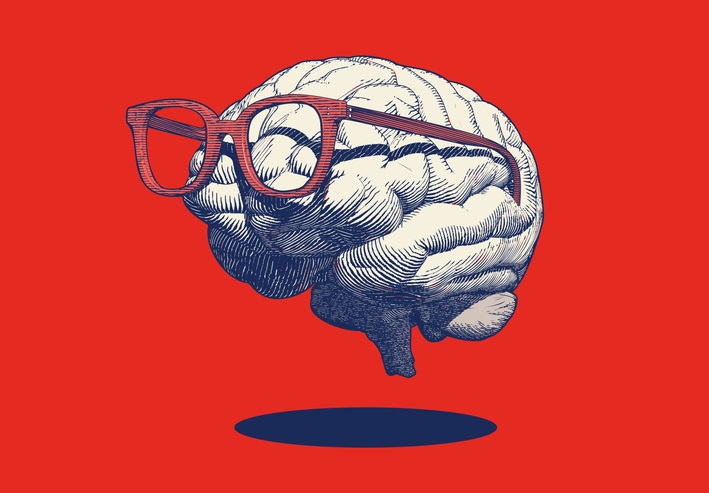
The Fluency Illusion is when we think we know something better than we really do, believing we have mastered a subject when really we have only a superficial understanding. The Fluency Illusion arises from
1) the tendency to “forget that we forget” and
2) the truth that it takes repeated effort over an extended period of time (retrieval practice) for true mastery to be achieved and
3) the fact that we do not know what we do not know; it is easy for the novice to not see the full ramifications and complications of a subject: The wise disdain simplicity this side of complexity, yearn to fully comprehend simplicity the far side of complexity.
A little knowledge is a dangerous thing. It is easy to overestimate the depth and breadth of one’s knowledge; I see it most often in those who think they are ready for promotion, convinced they have mastered the necessary skills when all too often they are still novices.
“A little learning is a dangerous thing;
Drink deep, or taste not the Pierian spring:
There shallow draughts intoxicate the brain,
And drinking largely sobers us again.
In fearless youth we tempt the heights of Arts;
While from the bounded level of our mind
Short views we take, nor see the lengths behind.”
– Alexander Pope, 1688-1744
Lao Tzu (b. 571 BC, date of death unknown) gives us a solution: “To know that you do not know is best. To think you know when you do not is a disease. Recognizing this disease as a disease is to be free of it.”
Closing Quotes:
“The greatest enemy of knowledge is not ignorance, it is the illusion of knowledge.” – Daniel J. Boorstin, 1914-2004
“It takes considerable knowledge just to realize the extent of your own ignorance.” – Thomas Sowell, b. 1930
“Real knowledge is to know the extent of one’s ignorance.” – Confucius, 551 BC – 479 BC
“Education is a progressive discovery of our own ignorance.” – Will Durant, 1885-1981
As always, I share what I most want and need to learn. – Nathan S. Collier

